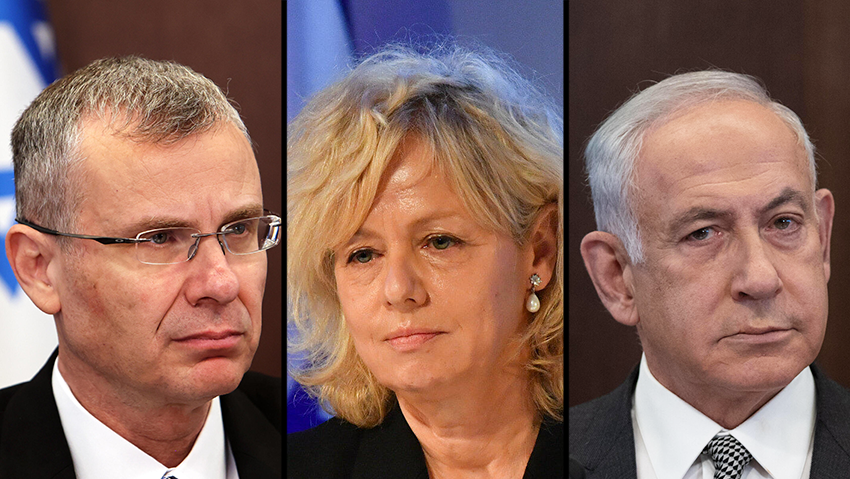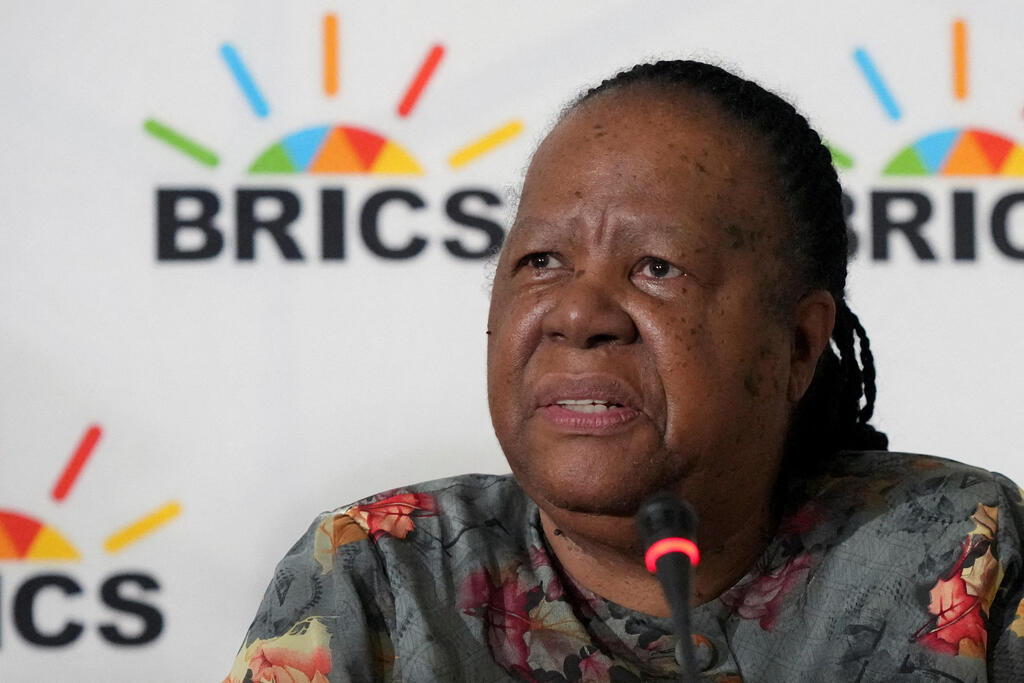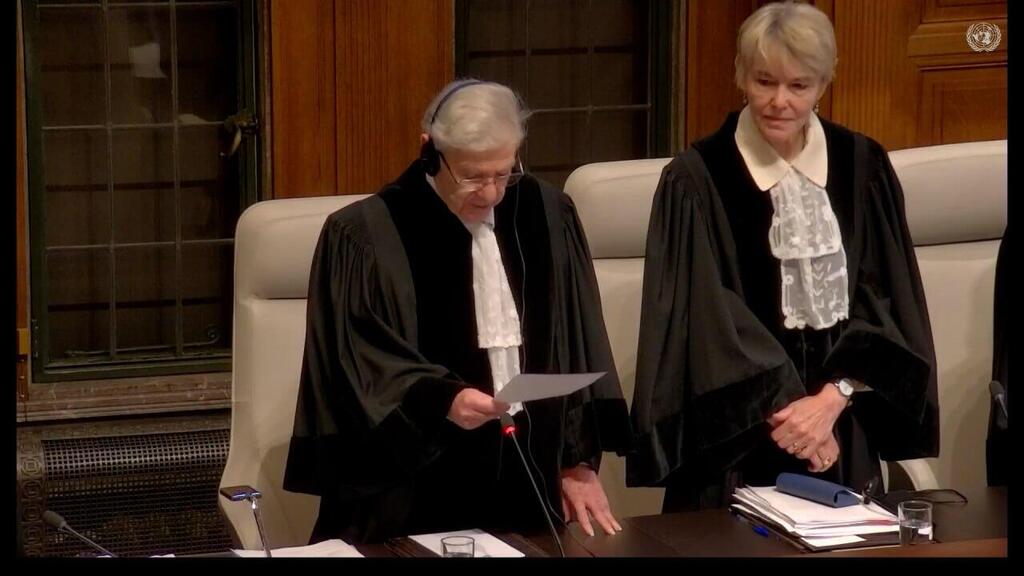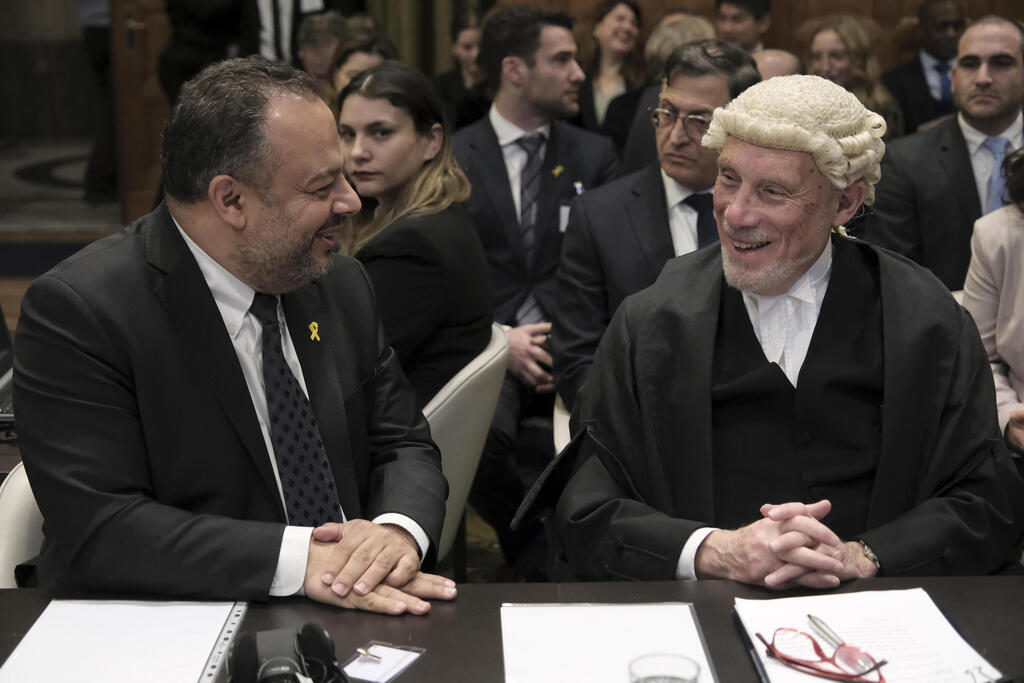Israel has declassified more than 30 secret protocols ordered by the political and military echelons and provided it to the International Court of Justice in the Hague, which it claims refute the accusation that it committed "genocide" in the Gaza Strip and present evidence that efforts are being made to reduce the deaths of Palestinian civilians, the New York Times reported on Thursday, a day before the tribunal of 17 judges of the ICJ, including the Israeli and South African judges, are expected to deliver their ruling whether Israel would be obligated to adhere to an immediate cease-fire in Gaza under the Court's order.
Read more:
The release of the documents, copies of which were examined by the newspaper, was made following the lawsuit at the International Court of Justice in The Hague, filed by South Africa - which accused Israel of acts characterized by "genocide."
According to the newspaper, a large part of South Africa's claims are based on the public statements of Israeli politicians, which it says are used as proof of intent to commit genocide. The NYT reported that part of Israel's defense is the attempt to prove that everything the politicians have said in public is irrelevant, and goes against the executive decisions and official orders of the War Cabinet and the General Staff.
4 View gallery


Justice Minister Yariv Levin, AG Gali Baharav Miara, Prime Minister Benjamin Netanyahu
(Photo: Gil Cohen-Magen / EPA, Yoav Dudkevich, Nahum Segal)
Among the declassified documents are the summaries of the Cabinet discussions from the end of October, in which Prime Minister Benjamin Netanyahu ordered the delivery of aid, fuel and water to the Gaza Strip. According to the report in the American newspaper, Netanyahu directed the government to examine how "external actors" can establish field hospitals to treat the residents of Gaza, as well as to consider docking a ship that would function as a hospital off the coast of the Gaza Strip.
The international court's interim ruling is scheduled to be delivered on Friday at 1 p.m. local time.
This is only the beginning of the case accusing Israel of genocide, brought forth by South Africa. Prime Minister Benjamin Netanyahu has summoned Justice Minister Yariv Levin, Attorney General Gali Baharav Miara, Strategic Affairs Minister Ron Dermer and others for consultations on Thursday ahead of the ruling. The discussion revolved around the possible scenarios following the ICJ's decision Israel's potential response.
South Africa's Foreign Minister Neledi Pandor has already announced that she would be present in the Hague to hear the ruling.
Jerusalem's worst possible outcome would be a court order that Israel must cease all military operations in Gaza as requested by South Africa. In such a case it is likely that Israel would not uphold the Court's order just as Russia chose to do after the a similar ruling was made to stop the fighting in Ukraine. In this scenario, the ICJ would then appeal to the U.N Security Council to force Israel to stop its war. An American veto could stop the Security Council if the U.S. so chooses.
4 View gallery


South Africa Foreign Minister Neledi Pandor
(Photo: REUTERS/Nic Bothma/File Photo/File Photo)
However, it is hard to ignore the fact that such a decision would have international consequences and and severely damage Israel's position in the world, after it disobeys the court. This can lead countries to suspend diplomatic relations with Israel and implement other other diplomatic measures.
It is unlikely that the Court would resort to one of the two extremes, either ordering the State of Israel to immediately cease all hostilities or rather dismissing the "meritless" South African case. The more likely scenario is a form of compromise that will see the Court order an increase in humanitarian aid which Israel already supplies Gaza.
As a signatory to the Genocide Convention, Israel is obligated to adhere to the its wording which South Africa used in its appeal to the court asking for provisional measures. Some of South Africa's requests include: demanding an immediate cease-fire, demanding the withdrawal of IDF forces, and ordering the cessation of preventing access to aid which Israel facilitates through Arab and Western countries as it is.
After the Israeli defense team presented its case, they were optimistic and estimated that they had succeeded in addressing South Africa's accusations. However, the fear that political considerations would be mixed with legal considerations remains, and those could lead to a biased decision against Israel.




